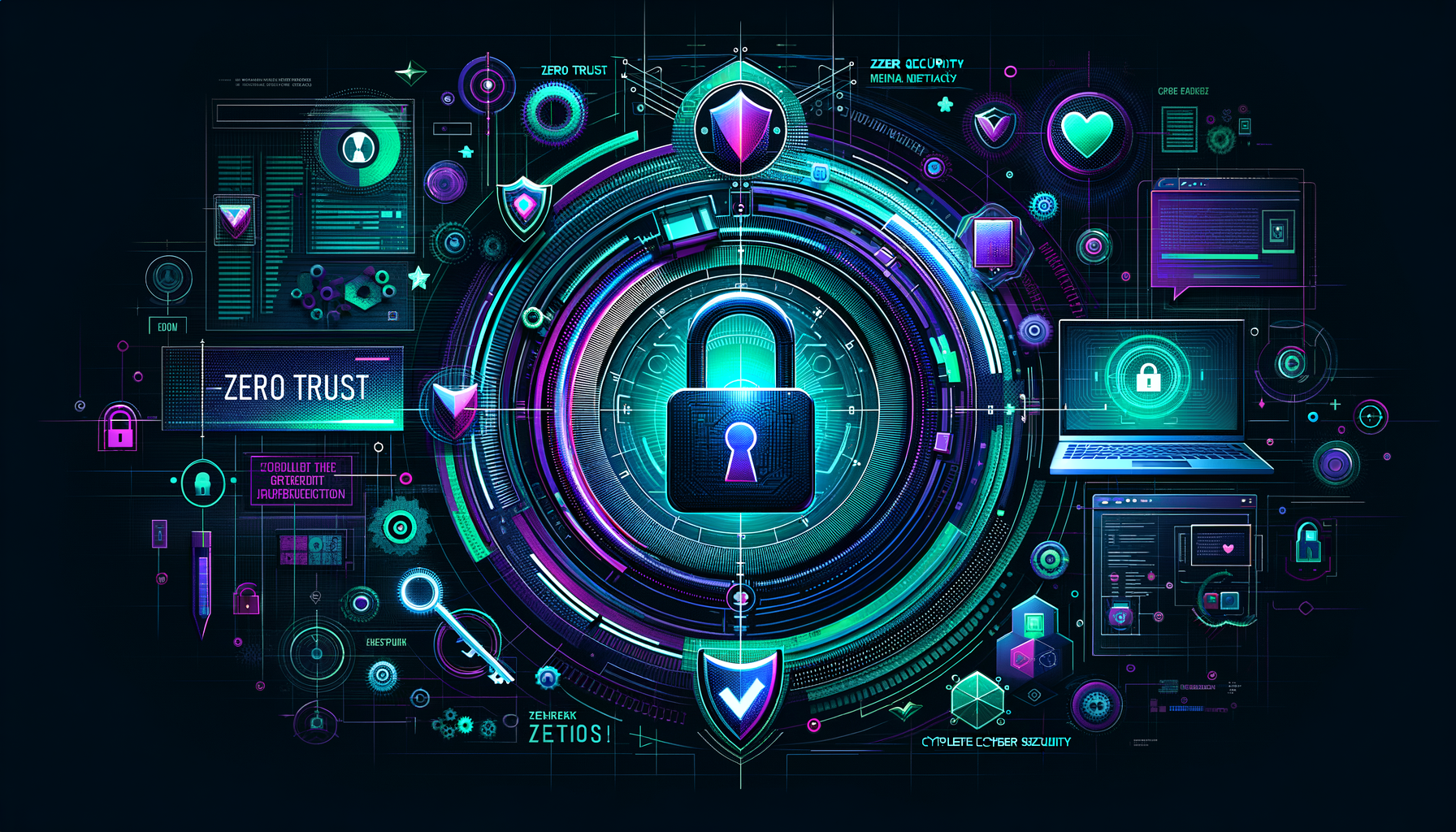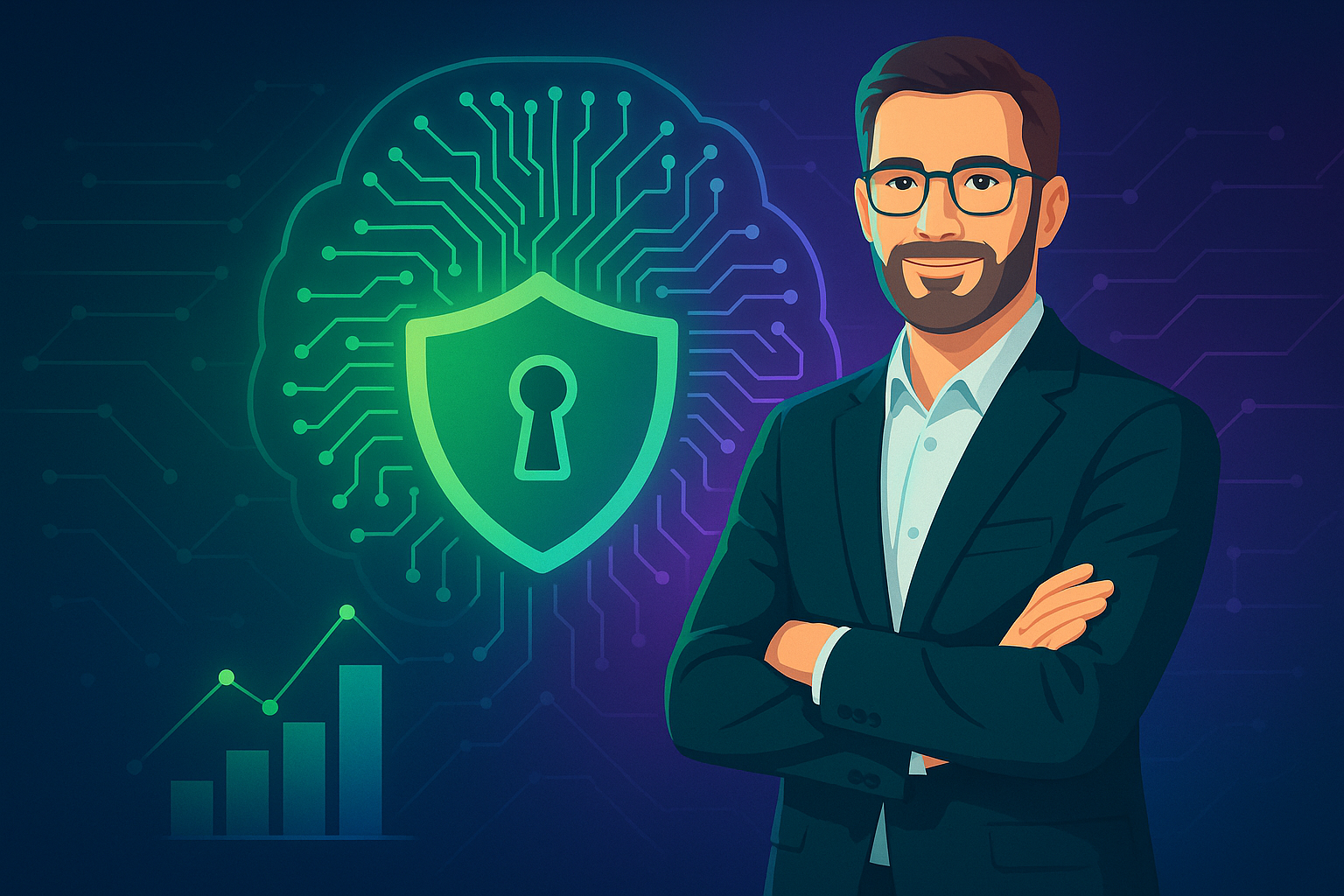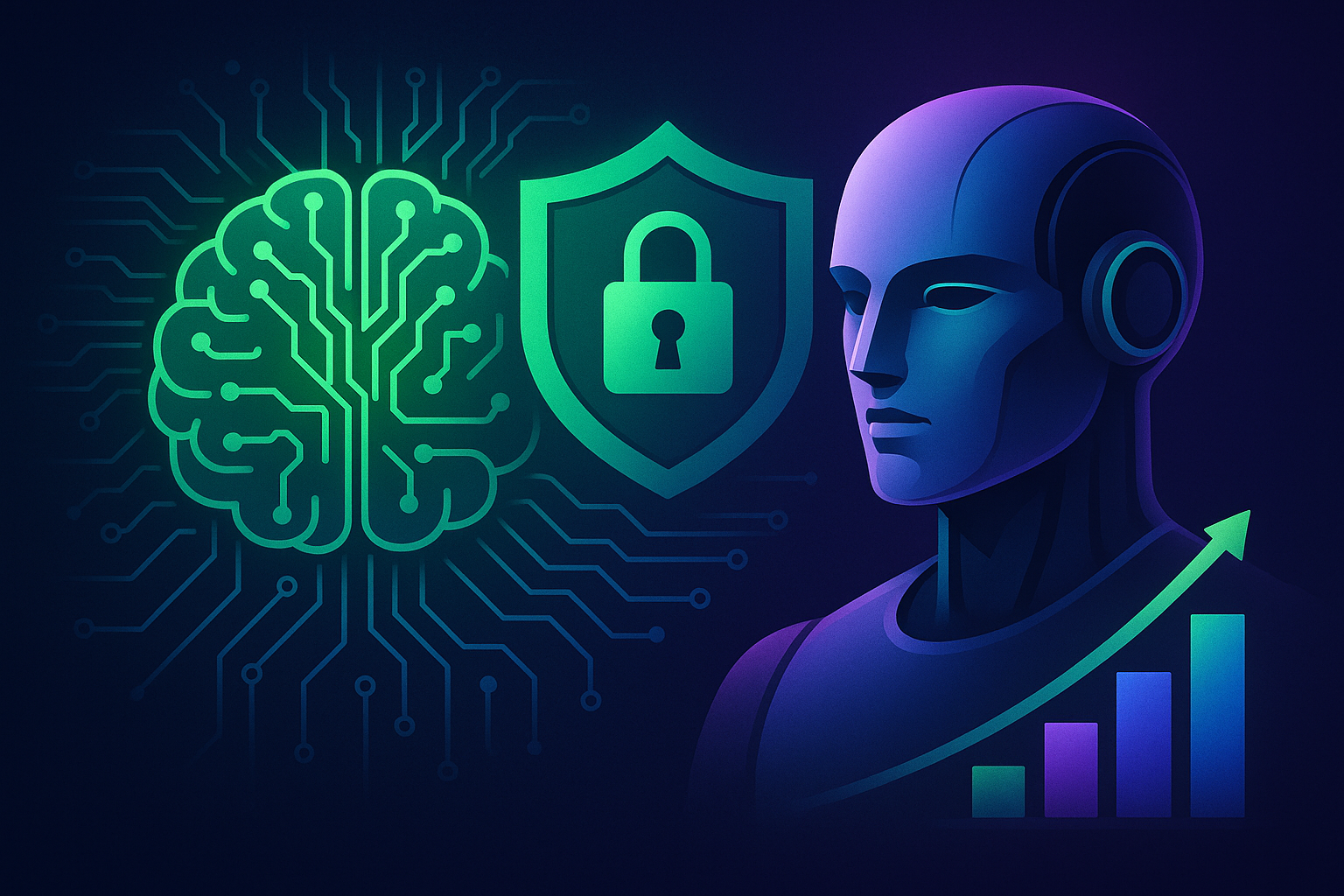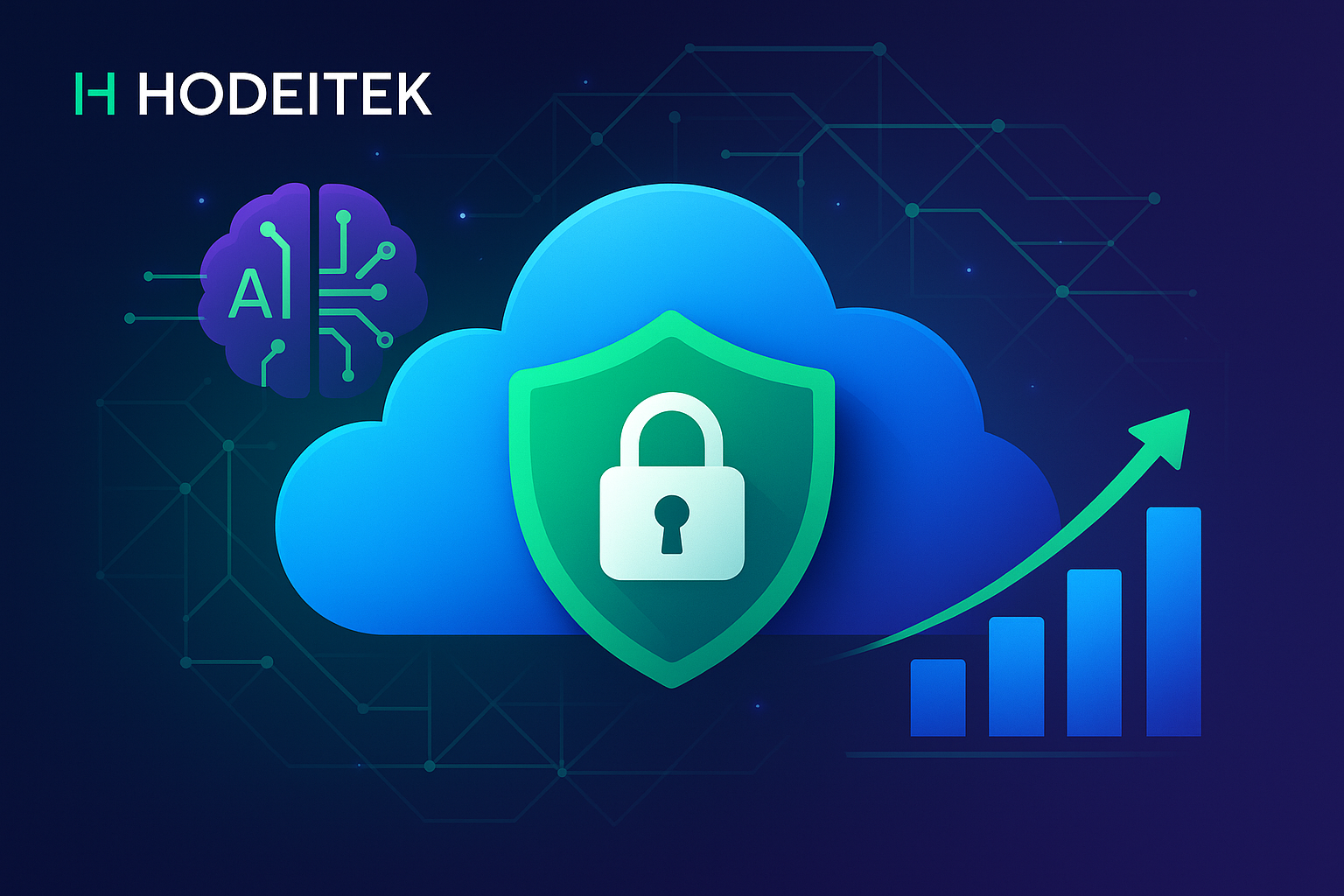Embracing Zero Trust in Cybersecurity with a Full In-House Team
As the cyber threat landscape continues to evolve, the need for advanced security measures becomes more critical than ever. One approach that has gained significant traction is the Zero Trust model. At Hodeitek, we prioritize this forward-thinking mentality, ensuring robust cybersecurity protocols are in place. In this article, we deep dive into the Zero Trust framework and how it benefits organizations, especially within the context of the European Union’s stringent data protection regulations.
Understanding the Zero Trust Security Model
The Zero Trust model is fundamentally different from traditional cybersecurity approaches. Rather than assuming that threats are primarily external, Zero Trust posits that threats can come from both outside and within the network. This philosophy mandates that no entity inside or outside the network should be trusted by default.
Core Principles of Zero Trust
- Verify Explicitly: Always verify access attempts, both internal and external.
- Least Privilege Access: Users are granted the minimum levels of access necessary for their roles.
- Assume Breach: Operate as though a breach has occurred, constantly monitoring and reacting to threats.
The Significance of an In-House Cybersecurity Team
Transitioning to a Zero Trust architecture requires a comprehensive understanding of the organization’s network, applications, data, and users. At Hodeitek, we leverage our fully in-house cybersecurity team to ensure precise and effective implementation of the Zero Trust model.
Benefits of an In-House Cybersecurity Team
- Expertise: Our team is equipped with broad and deep knowledge about the latest cybersecurity threats and solutions.
- Custom Solutions: We develop tailored cybersecurity strategies that align with specific organizational needs and compliance requirements.
- Rapid Response: Our in-house team can swiftly identify and address security incidents, minimizing potential damage.
Explore our services to understand how our expert team can support your cybersecurity needs.
Why Zero Trust Matters for Businesses in Spain and the EU
The Zero Trust model is especially relevant for businesses operating within Spain and the broader European Union. The EU’s General Data Protection Regulation (GDPR) imposes strict data protection obligations on organizations, making a robust security framework indispensable.
Compliance with GDPR
Implementing Zero Trust helps organizations meet key GDPR requirements, such as:
- Data Minimization: Fewer users have access to sensitive data, reducing the risk of breaches.
- Enhanced Security Measures: Continuous authentication and monitoring bolster overall security.
- Incident Response: A Zero Trust infrastructure supports swift detection and reporting of breaches.
Case Studies and Real-World Applications
Several high-profile organizations within the EU have successfully implemented Zero Trust models, showcasing significant improvements in their cybersecurity posture. By adopting Zero Trust, these companies have seen reduced breach incidents and more robust overall security frameworks.
Learn more about how Hodeitek’s Cybersecurity services can help your organization stay compliant and secure.
Conclusion
In an era where cybersecurity threats are ubiquitous and ever-evolving, the Zero Trust model offers a proactive and comprehensive approach to safeguarding critical data and systems. Partnering with an adept in-house team, like Hodeitek’s, ensures the strategy is seamlessly integrated and continuously optimized. Embrace Zero Trust today to secure your organization’s future.
For more information on our cybersecurity offerings and how we can tailor them to your needs, visit our Cybersecurity Services page.





